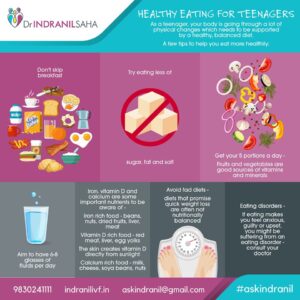Embark on a comprehensive journey through the complexities of High-Risk Pregnancy, uncovering its causes, complications, management strategies, and preventive measures. Learn how to navigate this challenging terrain with confidence and ensure the well-being of both mother and baby.
What is a High-Risk Pregnancy?
A high-risk pregnancy is one that poses potential threats to the health of the mother, fetus, or both. These risks can arise due to various medical, genetic, environmental, or lifestyle factors.
Understanding Risk Factors
Certain factors increase the likelihood of a pregnancy being classified as high-risk:
- Maternal Age: Women under 17 or over 35 are more likely to experience complications.
- Medical History: Pre-existing conditions such as diabetes, hypertension, or autoimmune disorders.
- Multiple Gestation: Carrying twins, triplets, or more increases the risk.
- Lifestyle Choices: Smoking, drug use, or excessive alcohol consumption during pregnancy.
- Previous Pregnancy Complications: History of miscarriages, preterm births, or stillbirths.
Identification and Monitoring
Early identification and continuous monitoring are crucial in managing high-risk pregnancies.
Prenatal Screening
Regular prenatal visits allow healthcare providers to monitor both maternal and fetal health. This includes blood tests, ultrasounds, and other diagnostic procedures to identify potential risks early on.
Management and Care
Once identified, managing a high-risk pregnancy involves a multidisciplinary approach.
Medical Interventions
Medical interventions may be necessary to mitigate risks and ensure the well-being of both mother and baby. This can include medication to control conditions like gestational diabetes or hypertension, bed rest to prevent preterm labor, or even surgical interventions in severe cases.
Lifestyle Modifications
Expecting mothers are often advised to make lifestyle changes to reduce risks. This may include adopting a healthier diet, regular exercise (under medical supervision), and abstaining from harmful substances.
Emotional Support
Dealing with a high-risk pregnancy can take an emotional toll on expecting parents. It’s essential to seek support from loved ones, healthcare professionals, or support groups.
Counseling and Therapy
Therapeutic interventions can help expecting parents cope with anxiety, stress, or depression associated with a high-risk pregnancy. Counseling sessions provide a safe space to express fears and uncertainties and receive guidance on managing emotions.
Conclusion
Navigating a high-risk pregnancy can be challenging, but with the right support and management strategies, expecting parents can ensure the best possible outcome for themselves and their baby.
FAQs (Frequently Asked Questions)
- What are the common complications associated with high-risk pregnancies?Complications can include preterm labor, preeclampsia, gestational diabetes, and placental abnormalities, among others.
- Is it possible to prevent a high-risk pregnancy?While some risk factors are beyond control, maintaining a healthy lifestyle and receiving proper prenatal care can minimize risks.
- Can high-risk pregnancies result in successful deliveries?Yes, with careful monitoring and management, many high-risk pregnancies result in healthy deliveries.
- How can partners support someone going through a high-risk pregnancy?Partners can offer emotional support, accompany them to appointments, assist with household chores, and be actively involved in decision-making.
- Are there support groups for individuals experiencing high-risk pregnancies?Yes, many hospitals and online platforms offer support groups where individuals can connect with others facing similar challenges.


